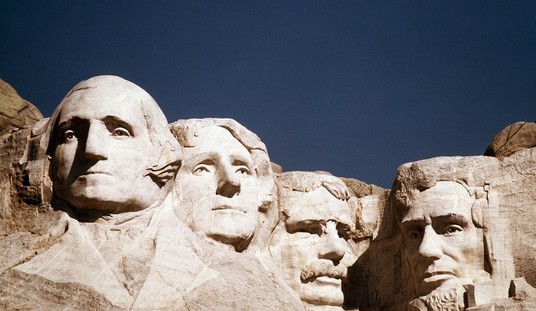The White House’s relationship with the Islamic Republic of Iran is an increasingly complicated one.
The administration has made it plain that one of the president’s highest priorities before he leaves office is to secure a deal, any deal, with Iran over its nuclear program. That drive has led to the president’s ongoing and increasingly personal conflict with Israeli Prime Minister Benjamin Netanyahu, as well as to clashes with those members of his own party who would like to create a tripwire that would impose stronger sanctions on Iran should negotiations fail.
But many have suggested that the administration is sacrificing its own leverage over the Islamic Republic as it has increasingly come to rely on Tehran to provide ground forces for operations aimed at dislodging the Islamic State from the areas of Iraq that ISIS forces presently occupy.
Even The New York Times has begun to make note of the fact that the White House’s goals for an equitable nuclear accord with Iran might be frustrated by the administration’s increasing reliance on Iran as a source of troops in the war on ISIS.
“The only way in which the Obama administration can credibly stick with its strategy is by implicitly assuming that the Iranians will carry most of the weight and win the battles on the ground,” said Vali R. Nasr, a former special adviser to Mr. Obama who is now dean of the School of Advanced International Studies at Johns Hopkins University. “You can’t have your cake and eat it too — the U.S. strategy in Iraq has been successful so far largely because of Iran.”
American military planners see few alternatives to relying on Iranian Quds forces and Shiite militias loyal to Tehran to serve as the indigenous “boots on the ground” in the war against ISIS in the Iraqi theater, but many are expressing the concern that those forces will exacerbate sectarian tensions in Iraq if and when they wrest control of Sunni-dominated cities from ISIS.
This, as well as the increased influence over Iraqi affairs that Iran will secure in a post-ISIS environment, are sources of concern for Congressional Republicans. The Times’ sources conceded that even greater Iranian domination over affairs in Baghdad will be a likely result of the administration’s current approach to the war against the Islamic State.
This week, Republican lawmakers warned that Iran’s influence in Iraq would increase with the Tikrit offensive. “We share the president’s goal to degrade and defeat ISIL,” Senator John McCain, Republican of Arizona, and Senator Lindsey Graham, Republican of South Carolina, said in a statement Tuesday. “But success in this mission will not be achieved by capitulating to Iran’s ambitions for regional hegemony.”
Landon Shroder, an intelligence analyst for corporations in Iraq who was in Baghdad last summer when Mosul fell, countered that the worry that Iran will gain influence in Iraq ignores the reality that Iran’s Shiite government is already a key Iraqi ally.
“By this stage, everybody who observed what happened in Iraq with the Islamic State should know that the main influencer in Iraq is Iran,” he said in a telephone interview on Wednesday. “That’s an unpopular perception in the United States, after spending so much money and lives lost in the conflict, but it’s reality.”
It is only logical to conclude that America’s reliance on the Iranian military to contain and roll back ISIS in Iraq is complicating nuclear negotiations. It would be unreasonable to suggest that they are not. Given these conditions, it would seem that Netanyahu’s fear that a bad deal with Iran is in the White House’s best interests are founded in reality.







Join the conversation as a VIP Member